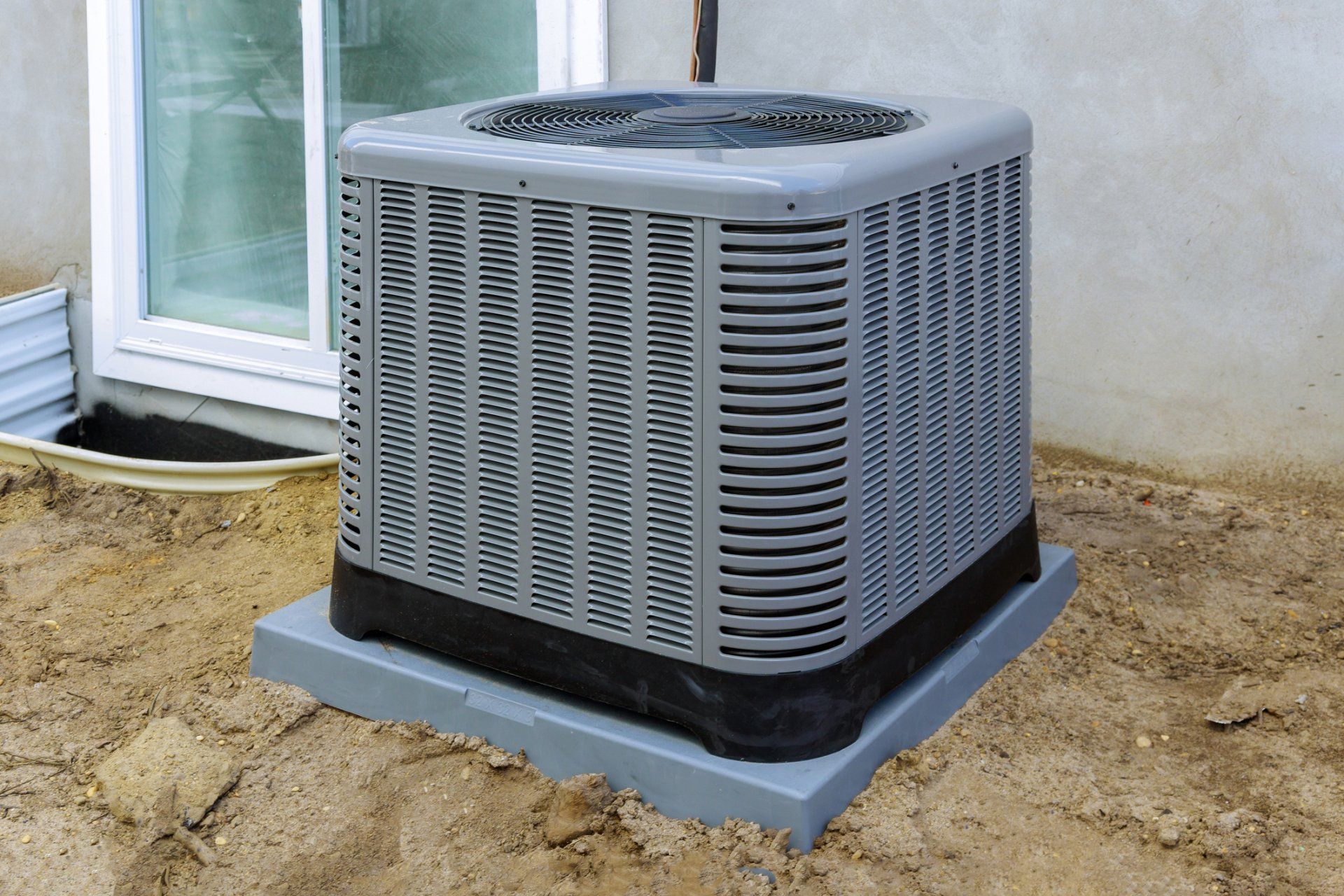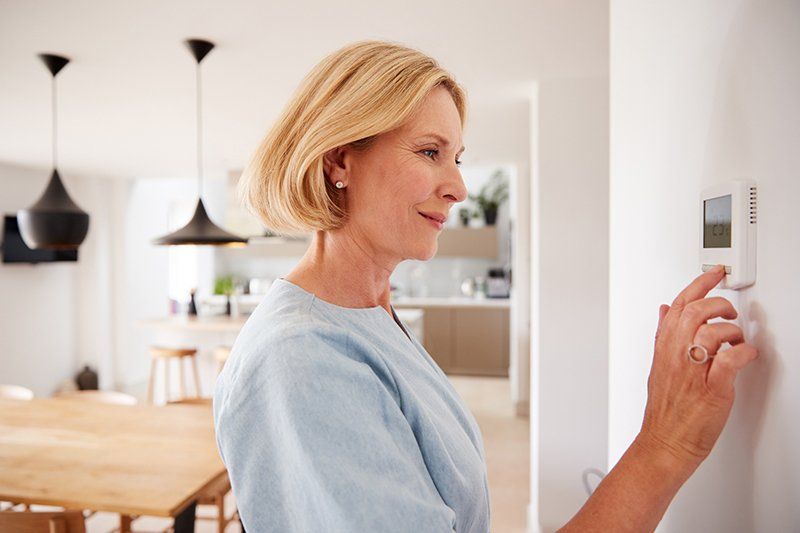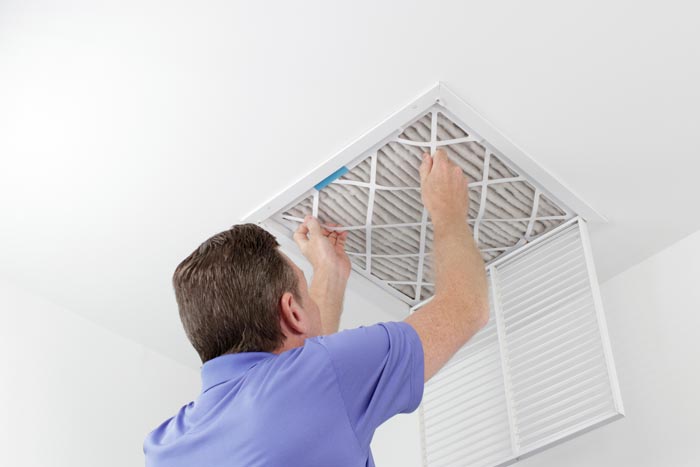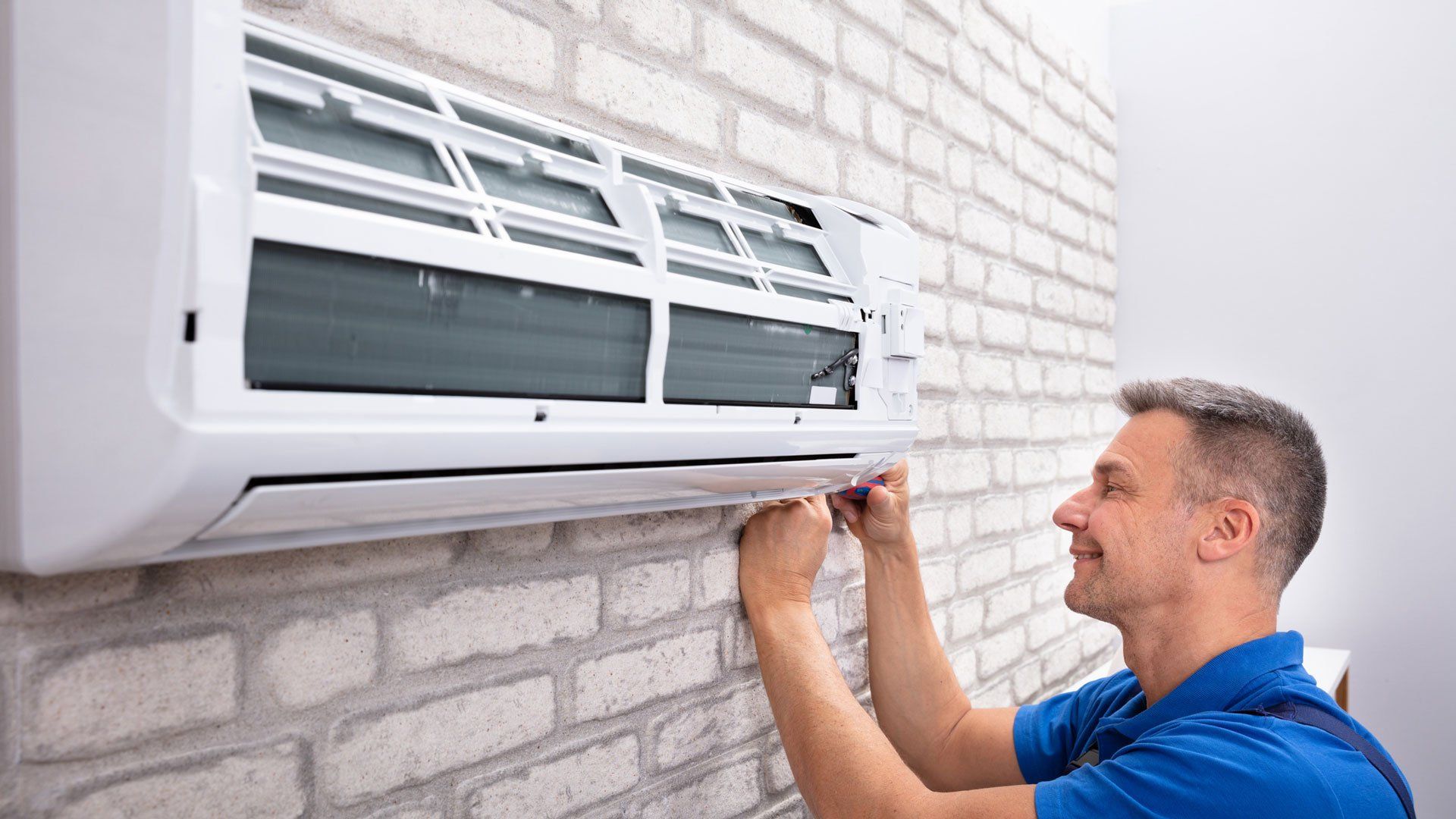Airflow Issues? What You Need to Know About Your AC System
Does your central AC system have an airflow issue? Whether your air conditioner blows too high or the air barely flows from the vents, take a look at the questions to ask right now.
Do You Have a New Air Conditioner?
It's possible what seems like a hurricane of cool air breezing into your home is perfectly normal. An older, worn, or damaged AC unit may have restricted airflow. Over time, this can lead you to believe air should trickle or lightly flow from the system.
According to the U.S. Department of Energy, a new high-efficiency system uses between 30 and 50 percent less energy than an older model would. A replacement central air conditioner that works efficiently should seem powerful in comparison to your older, worn system. It should also use considerably less energy.
If you recently installed a new air conditioner and aren't sure whether the high flow is normal, contact your HVAC contractor. While feeling a significant difference with an energy-efficient or higher quality upgrade is normal, you should always leave the final system diagnosis up to the professional. Even though the system is brand-new, it could have a manufacturer's defect or a similar issue.
Does the Filter Have a Clog?
High or hard airflow isn't the only issue to look out for. Poor or low flow can impact indoor air quality and overall home comfort. If your system is slow to cool your home or you can't feel air coming from the vents, check the filter.
A clogged filter restricts airflow into the ducts. This can result in poor home cooling and little to no air circulation. Before you assume the low airflow is a major (or expensive to repair) problem, check the filter. A clogged filter may have obvious debris, dust, or pet fur caught inside. Replace the filter, or if your system has a reusable model, replace it.
Not only can a clog-free air filter increase airflow, it can save you money in cooling costs. A clean or new filter can reduce your AC system's energy use by five to 15 percent, according to the U.S. Department of Energy. Without the clog, the system won't need to work as hard to force air through the ducts and out of the vents. This lightened load decreases energy use and the related costs.
If the filter change did little to help the airflow issue, the ducts might be at fault. Dirty or debrisfilled air ducts can also restrict airflow and limit the cooling capacity.
Are the Coils Dirty?
The condenser is responsible for compressing warmed refrigerant gas and turning it back into a liquid. This exterior part of your AC system is necessary for proper cooling. Dust, dirt, leaves, and other outdoor debris can affect the coils. Dirty coils can reduce the AC system's ability to effectively remove or absorb heat from the air. This can restrict airflow and slow cooling.
Prevention is a key step to stop this airflow problem before it starts. To keep your air conditioner's condenser clean, move potential debris sources away from this exterior unit. Trim shrubs or nearby trees, remove leaves regularly, and don't allow cut grass to blow onto the condenser.
If you suspect a dirty condenser coil is the culprit behind your air conditioner's airflow issues, call an HVAC professional for help. The condenser and its coils are sophisticated cooling machinery. Never attempt to clean a dirty coil yourself. This poses a safety and damage risk. A skilled technician can inspect the area, diagnose the issue, and clean the coil if necessary.
Does your home's central AC system have an airflow issue? Contact
Parks Davis Air Conditioning & Heating for more information.






